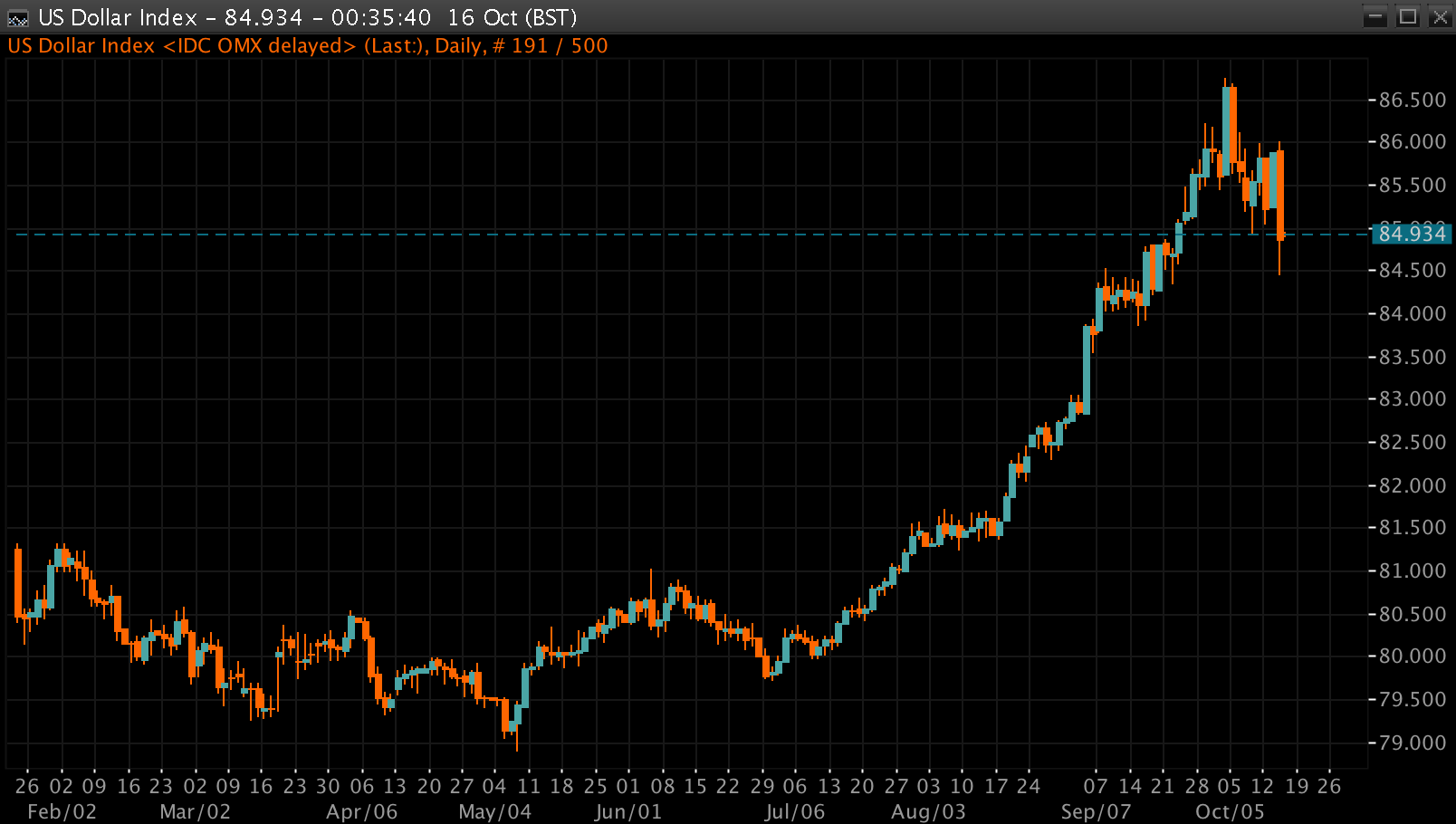Canadians' EV Interest Dips For Third Consecutive Year

Table of Contents
Rising Costs and Affordability Concerns
The escalating price of EVs is a significant barrier to entry for many Canadian consumers. Compared to gasoline-powered vehicles, EVs remain considerably more expensive, even with government incentives. This price disparity is exacerbated by inflation and ongoing supply chain disruptions impacting the cost of crucial EV components, particularly batteries. While government subsidies and rebates exist, their effectiveness in making EVs truly affordable for the average Canadian is debatable.
- Comparison of EV prices to gasoline car prices: Recent data shows a significant price gap, often exceeding $10,000, even after factoring in rebates.
- Analysis of government subsidies and rebates: While helpful, current incentives often fall short of bridging the substantial price difference, particularly for lower-income households.
- Impact of battery material costs on EV pricing: The high cost of lithium and other battery materials significantly contributes to the overall expense of electric vehicles.
Range Anxiety and Charging Infrastructure Gaps
Range anxiety—the fear of running out of battery power before reaching a charging station—is a major concern for potential EV buyers in Canada. This anxiety is heightened by the limitations of the current charging infrastructure, especially in rural and remote areas. The density of charging stations in Canada lags behind many other developed nations, making long-distance travel in an EV a less appealing proposition for many Canadians.
- Statistics on EV range and charging times: While EV range is improving, anxieties remain, particularly regarding charging times and the availability of fast-charging stations.
- Map showing the distribution of charging stations across Canada: A visual representation would clearly illustrate the concentration of charging stations in urban centers and the significant gaps in rural areas.
- Comparison of charging infrastructure investment in Canada vs. other nations: Canada needs to significantly increase investment in public charging networks to compete with countries that have made substantial progress in this area.
Competition from Hybrid and Gasoline Vehicles
The continued affordability and accessibility of gasoline vehicles, coupled with the emergence of increasingly fuel-efficient hybrid models, pose stiff competition for EVs. Hybrids offer a compromise between the environmental benefits of electric power and the convenience of a readily available gasoline-powered option. Furthermore, the extensive marketing campaigns of established gasoline vehicle manufacturers often overshadow the promotion of EVs.
- Sales figures for hybrid vs. EV vehicles in Canada: Data comparing sales figures clearly highlights the strong market share held by gasoline and hybrid vehicles.
- Comparison of fuel efficiency and running costs: While EV running costs are generally lower, the higher initial purchase price means overall cost-effectiveness depends on factors like driving habits and electricity prices.
- Analysis of advertising campaigns for gasoline and hybrid cars: The sheer volume and pervasiveness of these campaigns create a competitive challenge for EV promotion.
Government Policies and Consumer Perceptions
The effectiveness of Canadian government policies aimed at boosting EV adoption is a subject of ongoing debate. Consumer perceptions regarding EVs are also crucial. Concerns about battery life, resale value, and even the overall environmental impact of EV production (considering battery sourcing and manufacturing) need to be addressed. Significant policy changes are needed to further incentivize EV purchases and alleviate these concerns.
- Overview of current Canadian EV incentives: A detailed assessment of existing programs and their effectiveness is needed to understand current shortcomings.
- Public opinion polls on EV adoption: Data from reliable sources will illuminate public perceptions and identify key areas of concern.
- Suggestions for improved government policy: This could include more generous rebates, tax incentives, and investment in charging infrastructure.
Rekindling Canadians' EV Interest: A Call to Action
The decline in Canadians' EV interest is a result of multiple interconnected factors: rising costs, range anxiety stemming from inadequate charging infrastructure, strong competition from gasoline and hybrid vehicles, and the need for more effective government policies. Boosting Canadians' EV interest requires a multifaceted approach. Reviving Canadians' EV interest is crucial for achieving Canada's environmental goals and promoting sustainable transportation. Improved charging infrastructure, more affordable EVs through targeted government incentives, and addressing consumer concerns are all essential steps. We urge readers to learn more about EVs, consider hybrid or fully electric options, and contact their elected officials to advocate for policies that support the widespread adoption of electric vehicles in Canada.

Featured Posts
-
 Simplifying Banking Regulation Ecb Establishes New Task Force
Apr 27, 2025
Simplifying Banking Regulation Ecb Establishes New Task Force
Apr 27, 2025 -
 E Bay And Section 230 A Judges Ruling On Banned Chemical Listings
Apr 27, 2025
E Bay And Section 230 A Judges Ruling On Banned Chemical Listings
Apr 27, 2025 -
 Full List Celebrities Affected By The Palisades Fires In Los Angeles
Apr 27, 2025
Full List Celebrities Affected By The Palisades Fires In Los Angeles
Apr 27, 2025 -
 Impresionante Eliminacion En Indian Wells Quien Sera La Campeona
Apr 27, 2025
Impresionante Eliminacion En Indian Wells Quien Sera La Campeona
Apr 27, 2025 -
 Pfc Dividend 2025 Fourth Cash Reward For Fy 25 On March 12th
Apr 27, 2025
Pfc Dividend 2025 Fourth Cash Reward For Fy 25 On March 12th
Apr 27, 2025
Latest Posts
-
 Nixons Shadow A Look At The Current U S Dollars Performance
Apr 28, 2025
Nixons Shadow A Look At The Current U S Dollars Performance
Apr 28, 2025 -
 U S Dollar Weak Start To Presidency Mirrors Nixon Era
Apr 28, 2025
U S Dollar Weak Start To Presidency Mirrors Nixon Era
Apr 28, 2025 -
 Yukon Legislature Mine Managers Testimony Sparks Contempt Threat
Apr 28, 2025
Yukon Legislature Mine Managers Testimony Sparks Contempt Threat
Apr 28, 2025 -
 Contempt Of Parliament Yukon Politicians Confront Mine Manager
Apr 28, 2025
Contempt Of Parliament Yukon Politicians Confront Mine Manager
Apr 28, 2025 -
 Yukon Mine Manager Faces Contempt After Refusal To Answer Questions
Apr 28, 2025
Yukon Mine Manager Faces Contempt After Refusal To Answer Questions
Apr 28, 2025
